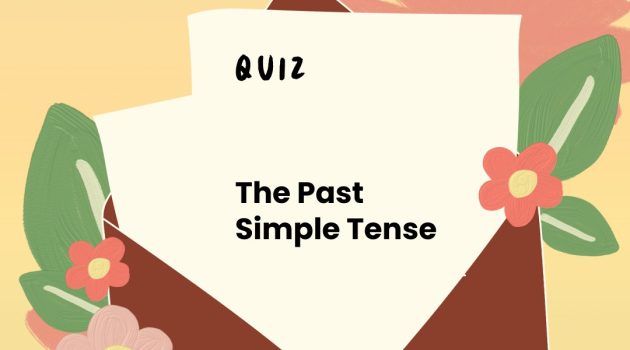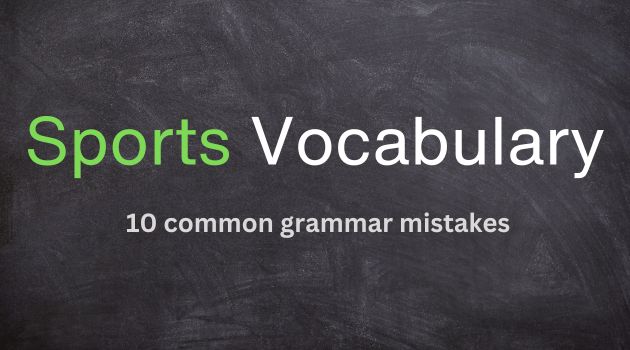Free English Lessons
Embark on a journey to impeccable English with us! Take advantage of our English grammar checker to avoid common grammar mistakes and enhance your linguistic abilities.
Common Grammar Mistakes
ESL vs ESOL – what’s the difference?
ESL and ESOL are both acronyms that pertain to the learning of English, although they have slightly different meanings. Some schools use…
What is the Plural of Diagnosis?
The short answer is “diagnoses.” The plural of diagnosis The plural form of “diagnosis” is “diagnoses,” not “diagnosises”. The difference between the…
some are or some is
some are Generally used when referencing multiple items or instances. Out of all these research articles I’m sifting through, some are actually…
farther vs further
farther Farther is an adjective that is used to describe physical distance. It refers to the greater physical distance between two objects…
some of them have or some of them has
“Some of them have” is the correct phrase because “them” is plural. Some of them have.. Some of them are.. Some of…







